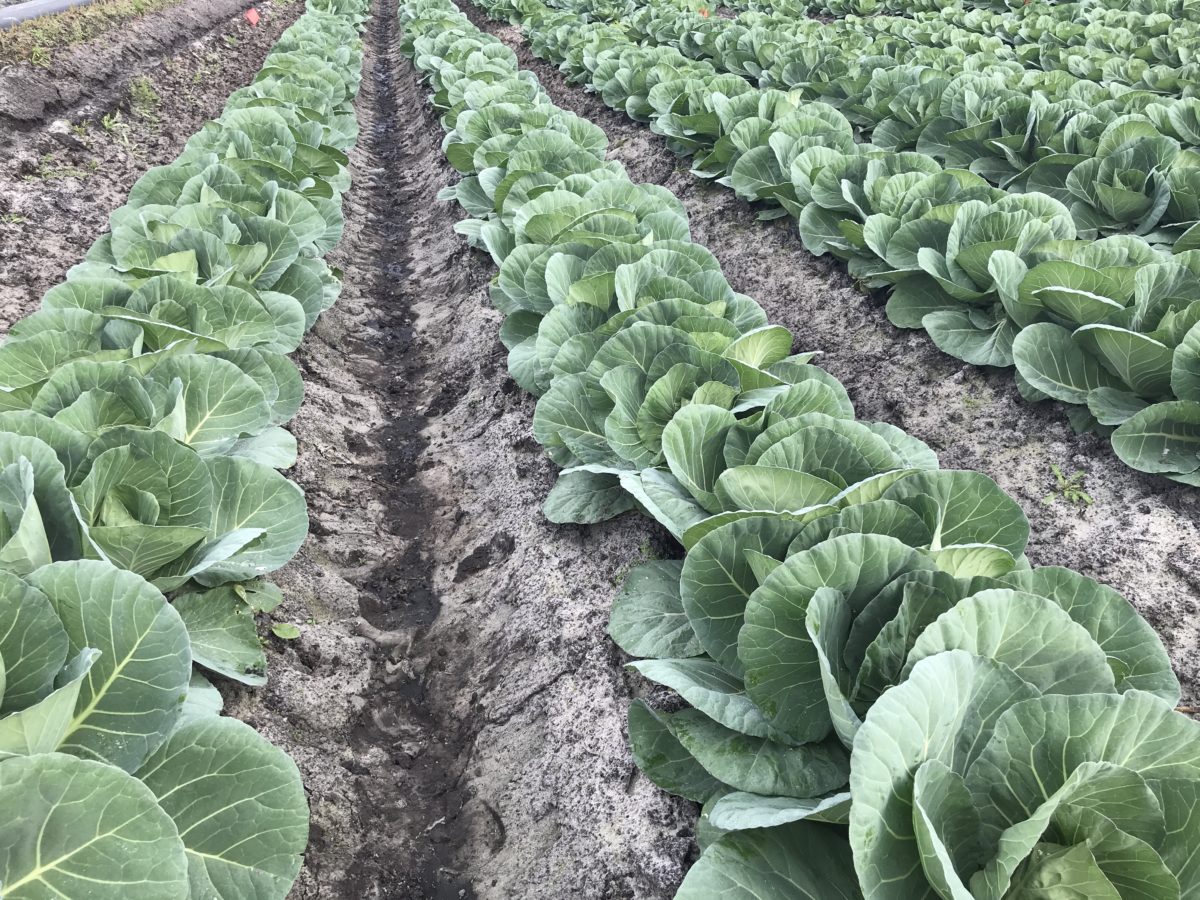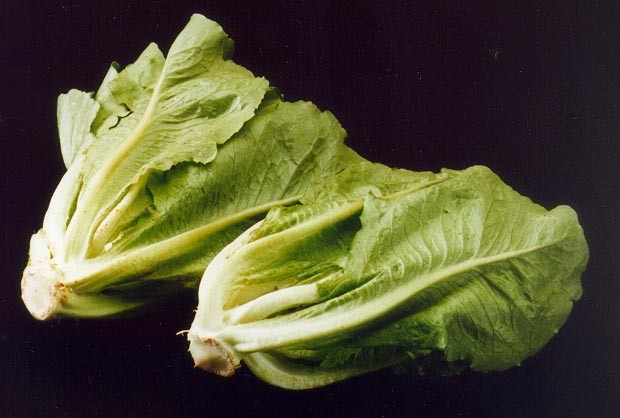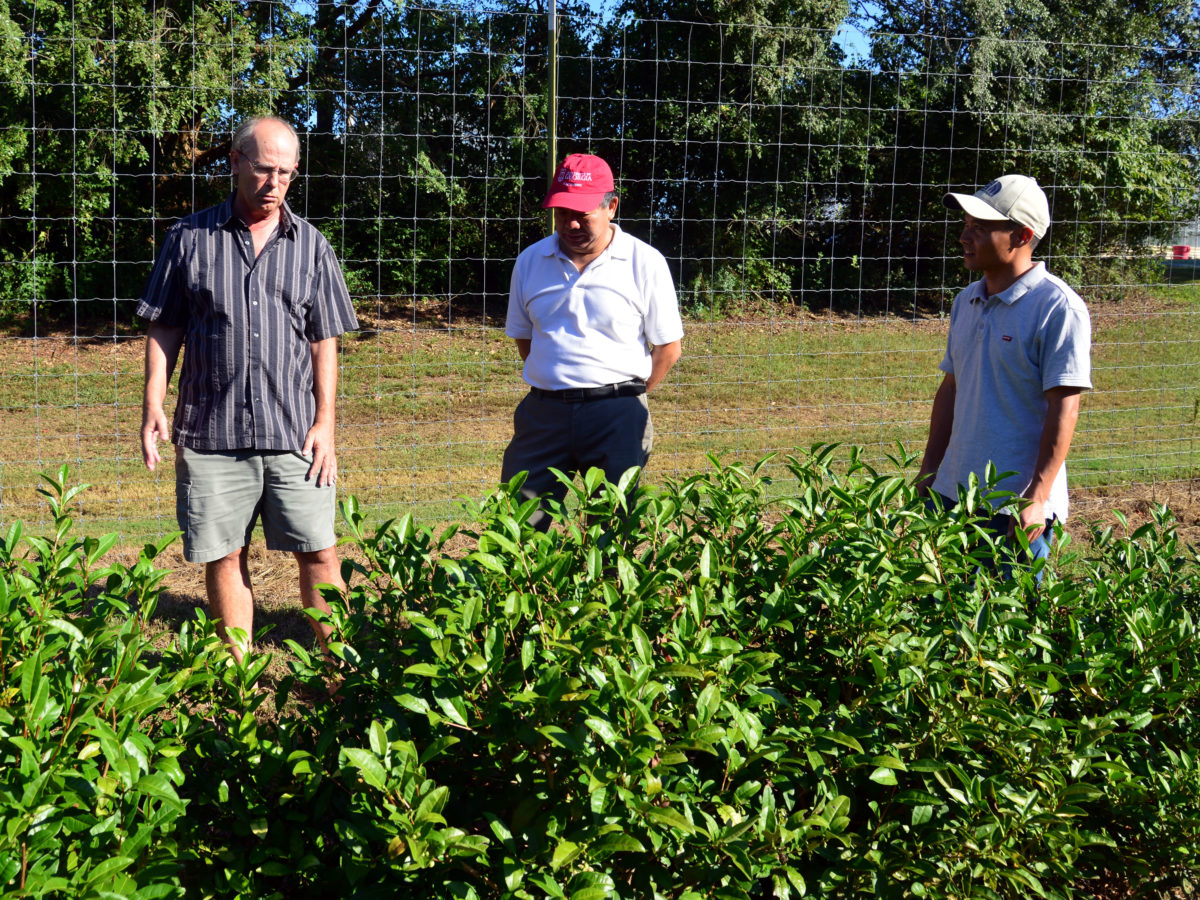Every year the University of Florida (UF) Hastings Agricultural Extension Center holds its cole crop field day due to the high number of cabbage acreage in the tri-county area, which includes Putnam, St. Johns and Flagler counties. However, growers in the tri-county area have been expressing an interest in various alternative crops. So, Gary England, director of the center, made …
UPDATED: E. coli Source Released
Update on E. coli outbreak (Dec. 14): According to a release from the Food and Drug Administration (FDA), the E. coli outbreak has been traced back to a single farm’s irrigation reservoir. The farm is located in Santa Barbara County, California. According to the FDA release, the farm has not shipped lettuce since Nov. 20 and is being cooperative with …
Alternative Crops Gaining Traction Nationwide
Growers throughout the United States are taking a crack at different alternative crops. Rod Bain discusses this with Dr. Rob Myers, a regional director for the Sustainable Agriculture and Research Education program. Listen below to learn about the potential benefits of delving into alternative crops. Sponsored ContentNew Syngenta Varieties Offer Grower SolutionsFebruary 1, 2026Attribute® II Technology Adds More Flexibility and …
Two UF/IFAS Researchers Earn Prestigious Honor
Among their many accomplishments, one may be best known for trying to grow plants in space; the other, for helping growers battle bacterial spot disease of tomato. The two University of Florida Institute of Food and Agricultural Sciences (UF/IFAS) professors have been named fellows of the American Association for the Advancement of Science. Robert Ferl, a UF/IFAS professor of horticultural …
Developing Tea as a Cash Crop for the Southeast
By Donglin Zhang Tea (Camellia sinensis) is a native plant to China with more than 3,000 years of cultivation. Like its cousins, sasanqua and Japanese camellias, tea has been grown in the continental United States for more than 150 years. But due to the costs of processing, cultivation and labor, it has never become a large-scale cash crop. With growing …
Expanding Conference Aims to Engage Seed Industry
Seed industry members should mark their calendars for the American Seed Trade Association’s (ASTA) Vegetable and Flower Seed Conference. This event will take place Feb. 1–5, 2019, at the Hyatt Regency Grand Cypress in Orlando, Florida. Andy LaVigne, president and CEO of ASTA, says the Vegetable and Flower Seed Conference has rapidly grown over the years. “It’s becoming quite the …
Winter Defoliation for Florida Peaches
By Breanna Kendrick According to Ali Sarkhosh, assistant professor of tree fruit at the University of Florida, peach growers in Florida should consider the leaves on their peach trees during two times of the year. The first time is after harvesting the fruit in June, July and August. He says it’s important to keep the leaves on trees during this …
Secretary Perdue Comments on Signing of USMCA
U.S. Secretary of Agriculture Sonny Perdue issued the following statement regarding the signing of the new trade pact, the United States-Mexico-Canada Agreement (USMCA), replacing the outdated North American Free Trade Agreement (NAFTA): “I have often said that we live in the best neighborhood on Earth – North America – and the signing of a new trade agreement with Mexico and …
Get a Hold on Root-Knot Nematodes
Root-knot nematode infestation is one of the biggest soilborne problems for Florida vegetable growers. According to Johan Desaeger, assistant professor of nematology at the University of Florida’s Gulf Coast Research and Education Center, root-knot nematodes are very widespread in Florida and can cause some major issues. Once these nematodes enter the plant’s root system, they cause root-knot galls, which can …
Registration Is Open for the Southeast Regional Fruit and Vegetable Conference
VSCNews is excited to return to the Southeast Regional Fruit and Vegetable Conference (SERFVC) on Jan. 10–13 at the Savannah International Trade & Convention Center in Savannah, Georgia. Each year, SERFVC provides a great opportunity to mingle with fellow industry members and kick off the new year. According to Charles Hall, executive director of the Georgia Fruit and Vegetable Growers …















